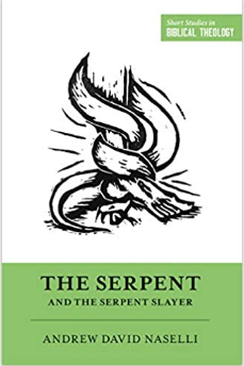
by Andrew David Naselli
Biblical Theology has for some time been kept within the academic field and away from the average Joe. Short Studies in Biblical Theology is a series put out by Crossway Publishing that puts out an effort to bring the discipline of Biblical Theology to the pew rather than leaving it at the lectern. I have currently read five of the eleven volumes in Crossway’s series and Naselli’s volume has been the most helpful and enjoyable thus far.
First, Naselli is an excellent writer and is a joy to read. Never once did I tire or think “I’ve got the point, move on.” A large amount of material was covered in a small space while still providing a thorough introduction to the subject.
In the Introduction, Naselli provides a catchphrase that nicely summarize the scope of the book and a major biblical theme when he writes “Kill the Dragon, get the girl!” Chapter one develops the theme by demonstrating snakes and dragons are both subcategories of Serpents and should be viewed as two sides of the same coin (the Appendix provides a brief discussion of sixteen terms translated snakes, dragons, and serpents), and that serpents either deceive or devour.
Chapters 2 and 3 take the structural framework of chapter one and proceed to examine the theme of the Serpent and Serpent Slayer within the bookends of the bible as well as the prominence everywhere in between. Due to the size and audience of the book the discussion is kept simple, yet it still informs.
Chapter 4 (my favorite) develops the Serpent theme within the Book of Revelation. The chapter serves as an introduction to Revelation at large, identifies many of the recursive themes, and provides the reader with hope of making sense of the overall thrust of John’s message. Naselli distinguishes between thirteen different traits of the Serpent in Revelation, and celebrates in the triumph of the Lamb.
The final chapter supplies six points of application that bring the message of the book to bear upon the daily life of the reader. Again, Naselli’s desire to speak to the laymen rather than the academy is evidenced and appreciated in this chapter.
On the whole, The Serpent and the Serpent Slayer is enjoyable, stimulating, and provocative. Not only is a major them highlighted and brought to bear upon the overarching scope of the Bible, but along the way the reader learns helpful interpretive rules that provide the keys to complex narratives.
There were a few minor points of disagreement along the way, but overall much more chicken than bones. I will share two particular points of disagreement, one minor and one major, that I hope will aid future readers.
First, on page 36, Naselli draws a chart that parallels Genesis 3:6, Luke 4:1-13, and 1 John 2:16 and then tentatively states, “I am not certain that the three phrases in 1 John 2:16 line up exactly with Genesis 3:16 and Luke 4 or that John has these parallels in mind. But the three phrases in 1 John 2:16 seem to line up at least roughly with Genesis 3:6 and Luke 4, so the parallel seems legitimate.” Though you might could argue that John 2:16 has some parallels with Genesis 3:16, but believe Luke 4 stands outside the scope of the parallel. When Jesus was tempted to throw himself from the pentacle of the temple, what was at stake was not the “pride of life” but rather the tempting of God. This may seem like a minor thing, and maybe it is, but I feel it needs to be noted.
Secondly, and more importantly, in chapter 4 (pages 119-120), Naselli introduces three broad theological perspectives on Revelation: Premillennialism, Postmillennialism, and Amillennialism. The threefold categorization is overly simplistic and becomes problematic in what follows. Naselli recounts how he used to hold the Premillennial view, but has lately sided more along the lines of the Amillennial and concludes by stating, “But you millennial view isn’t that important.” In footnote 16 he goes on to state, “The professors and pastors with whom I serve hold variations of all three views, and we get along just fine! Using the model of theological triage, one’s millennial view should not be a cardinal doctrine (i.e., a teaching that is most central and essential to Christianity - what is “of first importance” [1 Cor. 15:3]) or a denominational distinctive (i.e., an important teaching that is a disputable matter.” The problem with Naselli’s assessment is twofold: First, by failing to distinguish between the divergent views of Premillennialism, the reader is left with the impression that it does not matter if one holds to Dispensational Premillennialism or not. I strongly disagree. It does matter if one views the church as the afterthought of Christ, that Jesus failed in His earthly mission, and that ethnic Jews are still the people of God (not the church). Such a view of the church and mission of Christ is heretical and must be rejected. Second, in an attempt to breed unity on a divisive issue, Naselli has deemed eschatological viewpoints as “non-essential” to Christianity. If they are not “essential” why did God include matters of eschatology in the Bible? Furthermore, how are we to determine which doctrines are “essential” and which are not? When man begins to limit doctrines to categories of “essential” or “non-essential” true biblical unity is no longer possible because God’s full revelation has been exchanged for the arbitrary “likes” of an individual or group of individuals.
Though I strongly disagree with Naselli on the “essential” nature of one’s eschatological viewpoint, I still feel his book overall was an enjoyable, helpful, and enlightening read. Distinguishing between meat and bones does not mean that the meat should be rejected.

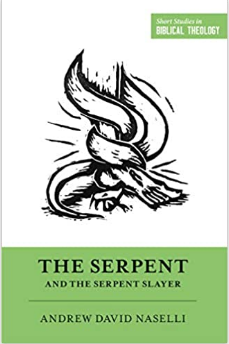
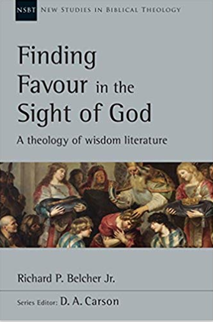
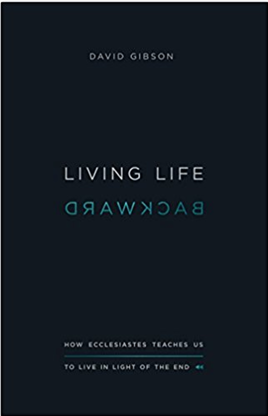
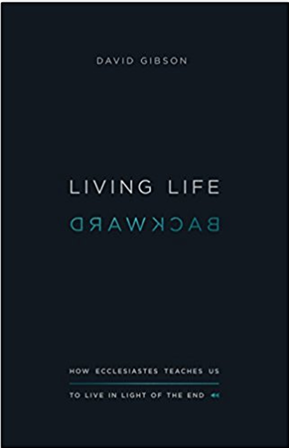
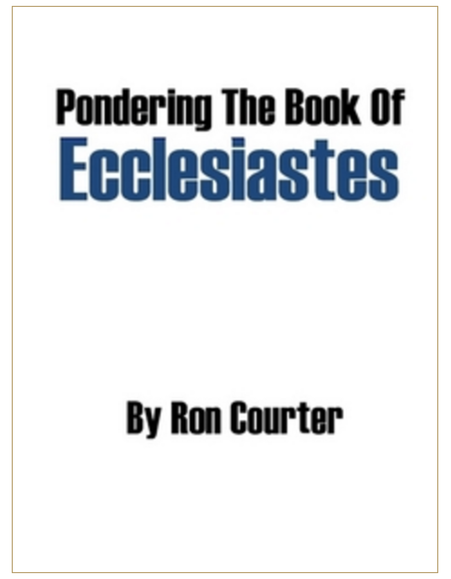
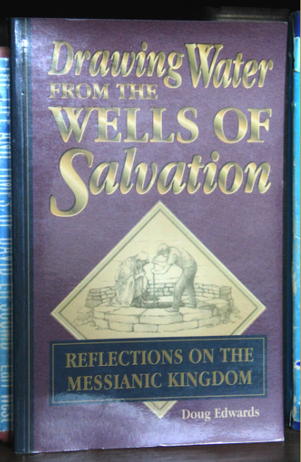
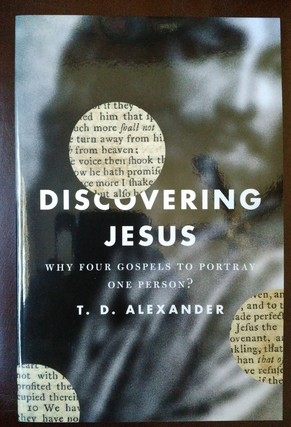

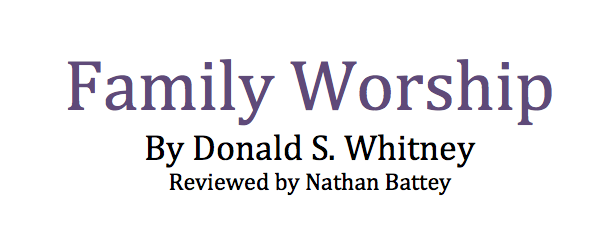
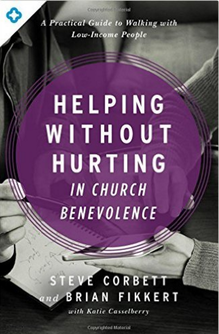
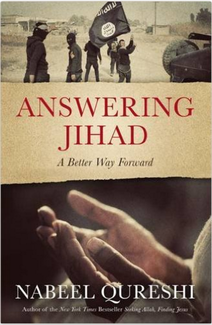
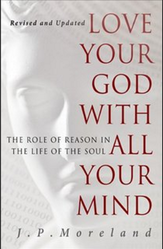

 RSS Feed
RSS Feed
